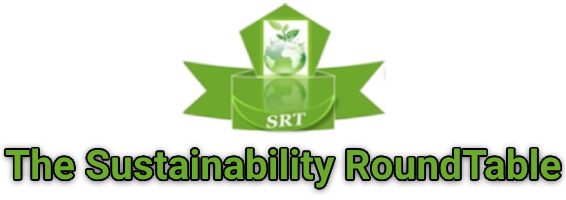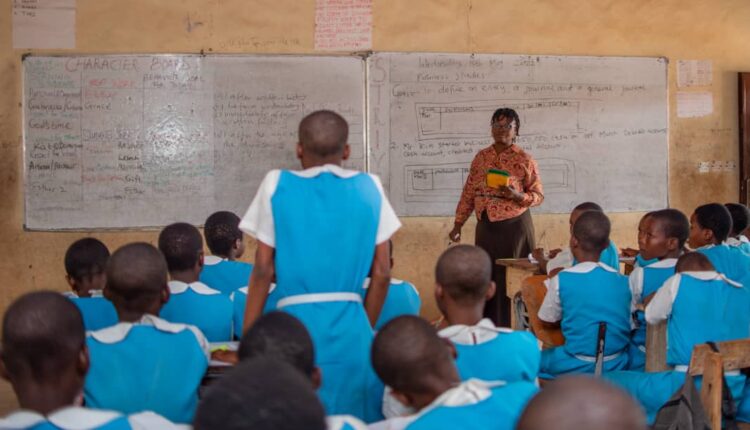As the world draws closer to the deadline for the implementation of the global agenda for sustainable development, the call for increased sustainability literacy reverberates across Africa, with a particular emphasis on Nigeria. This report examines the pressing need for enhanced sustainability literacy skills, highlighting the pivotal role they play in enabling individuals to critically analyze societal structures, identify unsustainable trajectories, and contribute to a more sustainable future. Some critical key Imperative for Sustainability Literacy include the following.
Empowerment through Knowledge: Sustainability literacy empowers individuals to comprehend the intricacies of sustainable development goals, enabling them to make informed choices and participate actively in the pursuit of a sustainable future.
Critical Thinking for Sustainable Trajectories: With sustainability literacy, individuals gain the ability to critically assess societal trajectories, identifying unsustainable practices and policies that hinder progress towards global sustainability goals.
Understanding Social Structures: Sustainability literacy goes beyond environmental concerns; it delves into the social structures that underpin unsustainable practices, fostering an understanding of the interconnectedness of environmental, economic, and social issues.
To upscale Sustainability Literacy in Africa, particularly Nigeria as the 20230 Global Agenda for Sustainable Development Deadline Looms the following needs urgent consideration, including;
Challenges Faced: Nigeria, like many African nations, faces challenges related to environmental degradation, resource depletion, and social inequality. A lack of sustainability literacy exacerbates these issues.
Educational Initiatives: Implementing sustainability literacy programs within educational curricula at all levels can foster a generation equipped to address complex challenges, encouraging critical thinking and responsible decision-making.
Public Awareness Campaigns: Launching extensive public awareness campaigns to promote sustainability literacy can help bridge the information gap, ensuring that citizens understand the importance of sustainable practices in their daily lives.
To further facilitate the our shared journey towards 2030 deadline this report makes the following key recommendations for African Leaders:
Integration into Educational Systems: Advocate for the integration of sustainability literacy into the national educational systems, ensuring that students develop a comprehensive understanding of sustainable development goals and practices.
Investment in Public Awareness: Allocate resources for widespread public awareness campaigns, emphasizing the importance of sustainability literacy and its role in shaping a resilient and equitable society.
Promotion of Research and Innovation: Encourage research and innovation in sustainable practices, providing support for projects that contribute to environmentally friendly technologies and solutions.
Collaboration with NGOs and Private Sector: Foster collaboration between government agencies, non-governmental organizations, and the private sector to create comprehensive sustainability literacy programs that reach diverse segments of the population.
In conclusion as the global community approaches the deadline for the implementation of the sustainable development agenda, investing in sustainability literacy becomes not just a necessity but a catalyst for transformative change. For Africa, particularly Nigeria, embracing sustainability literacy is a strategic imperative that holds the key to unlocking a more sustainable, resilient, and equitable future for generations to come.


Leave a Reply